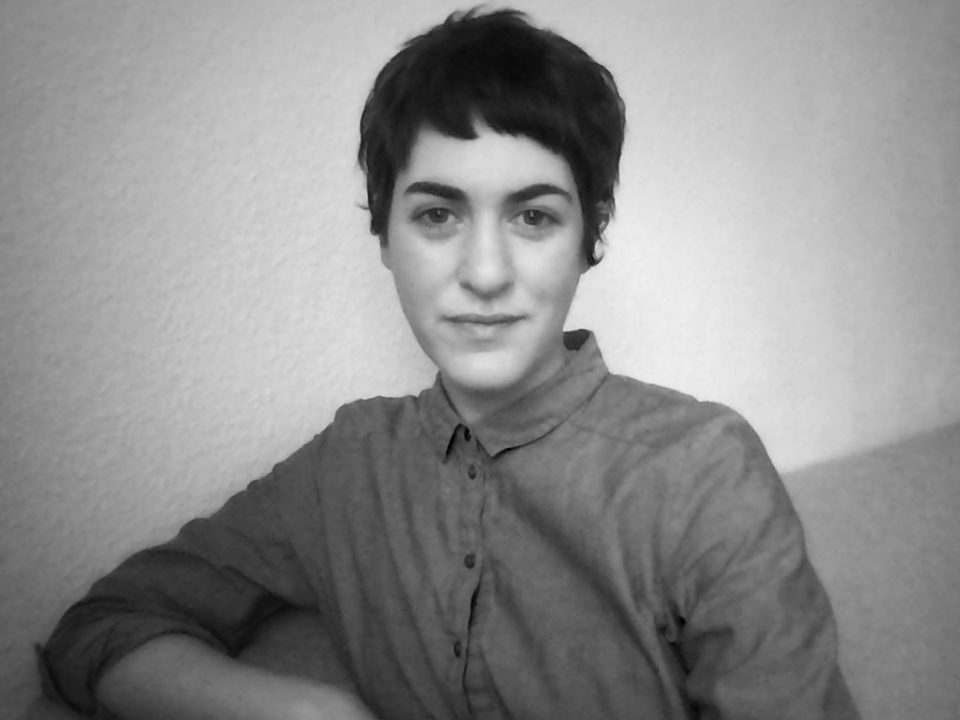Clara Schliessler
The primary aim here is not to be guided by a strong father figure, to look up to a leader and bolster our fragile egos by partaking of his power.
No, Dad is thrown overboard. He couldn’t dance anyways.
Let’s go back farther. Back to the beginning. To the very beginning, when things were still good.
Mom!
We get there by flowing, by bending, by forming our hands into a heart shape, through surfing the Internet, by pinning a six-pointed star to our T-shirt, by comparing ourselves to Sophie Scholl or Anne Frank (what about Hans?), by closing our eyes, by expressing love and tolerance even for those waving the old German Reich flag, by the feeling that everything is simple, right, just as it is,
by denying reality.
The goal here is to merge, to form a single undivided whole, to be one.
With what?
With whom?
Why?
A turn toward esotericism can be viewed as an attempt to cope with our own powerlessness when things in society get too complicated. But instead of analyzing the societal sources of that powerlessness, we accept it and affirm it. And by doing that, we submit to an eternal doctrine, or to the authority of “destiny” or “nature” (with the divine aspect sometimes still ascribed to it) – in the latent desire to merge into all of it.
Paradoxically, this gives rise to a feeling of control, to narcissistic delusions of grandeur. Control, because belief in a transcendental power lends shape and structure to our view of the world and its chaos, allowing us to see all the world’s confusing phenomena as manifestations of this principle, so we know where things stand and what action to take. Fantasies of omnipotence, because the notion of a connection or of being one with nature and destiny allows us to feel the power associated with it as our own.
But that means we haven’t reached our goal of distancing ourselves from our repressive, alienating society. Quite the opposite. After all, esotericism (at least in its contemporary Western form) is a symptom of the late modern era, not the solution to the alienation and disaffection caused by our times. “Returning to mythical ways of thinking […] is not a way out of the current crisis situation, but a manifestation of it” (Bock 1995: 2). Because this trend is only seemingly capable to satisfy the “human need for meaning, which is not met by society in its current condition” (ibid.: 1).
Bock, Wolfgang (1995). Astrologie und Aufklärung. Stuttgart: J.B. Metzler.

Clara Schliessler is a social psychologist and research associate at the Else Frenkel-Brunswik Institute at the University of Leipzig. A member of the Center for Performance Studies at the University of Bremen, she also does performative research at the intersection between education, academia, and art.